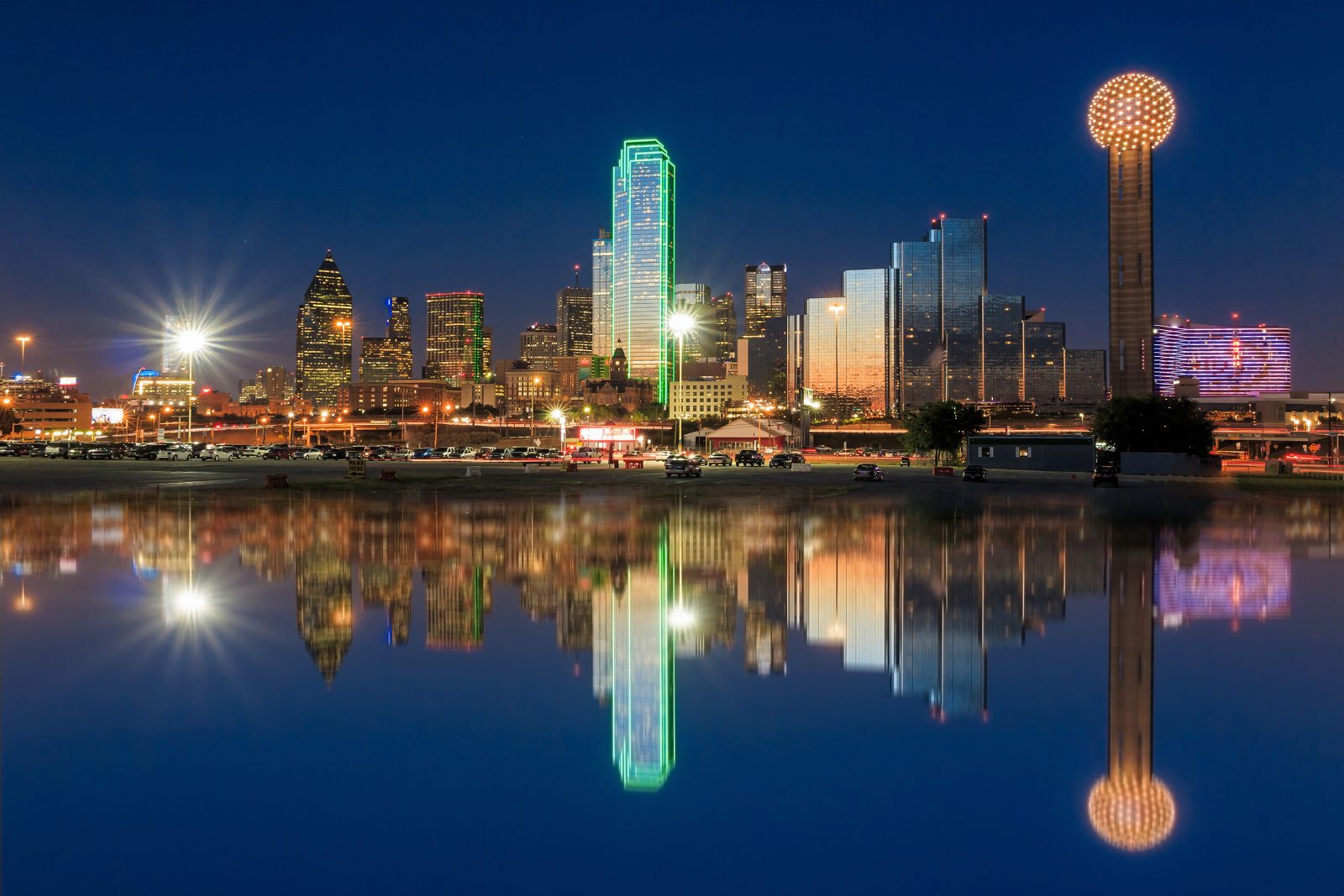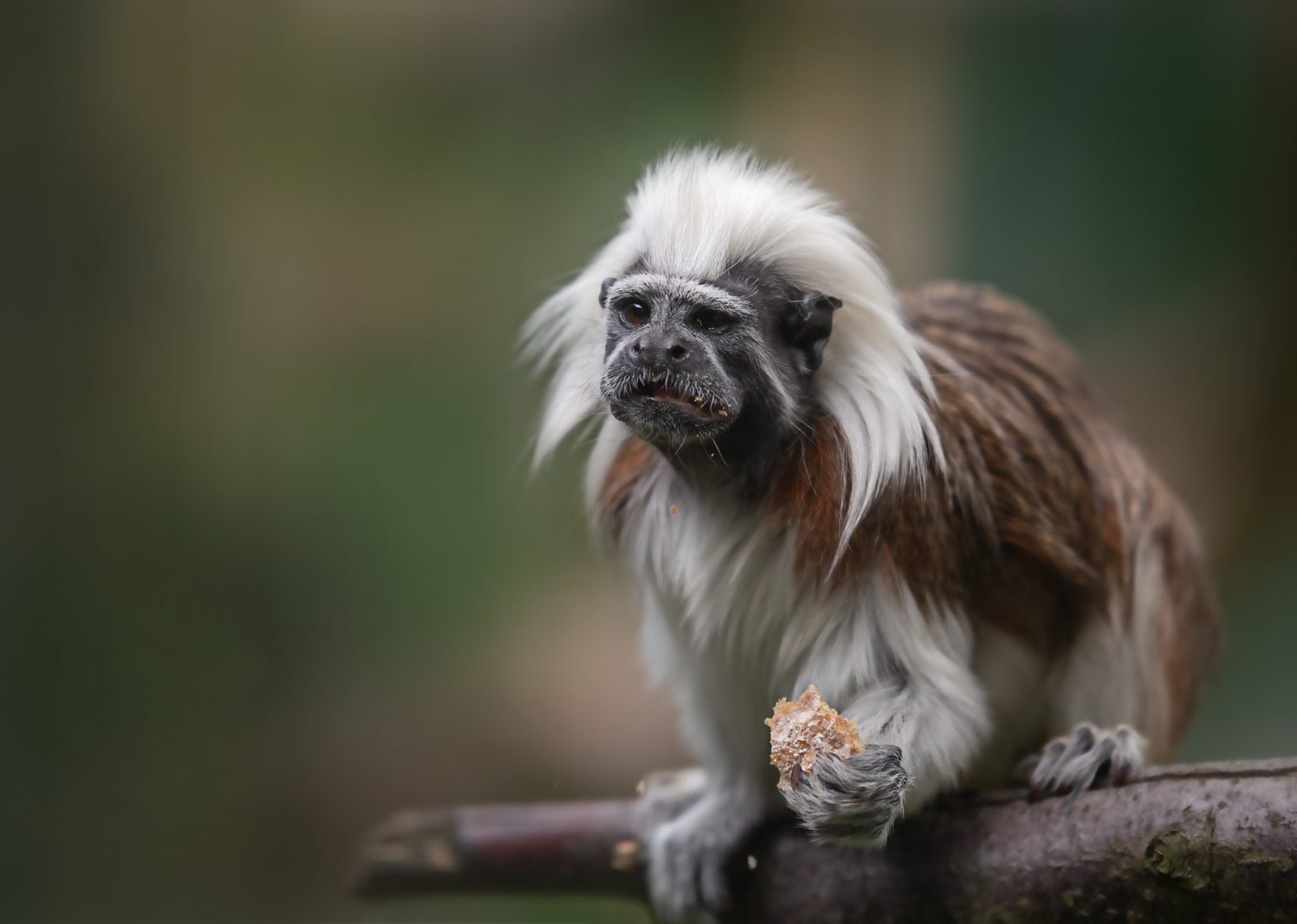


Can Meaning and Purpose Emerge From a Darwinian Process?

The Engineered Adaptability of the Humble Guppy

Emily Reeves Previews Dallas Science/Faith Conference 2022
On this ID the Future, host Andrew McDiarmid sits down with Emily Reeves, one of the speakers for the January 22, 2022, Dallas Science and Faith Conference. The two walk through the lineup of speakers for the conference (Stephen Meyer, Brian Miller, Casey Luskin, Ray Bohlin, and others), tease some of the talks, and discuss how to join the one-day event live, either in person in the Dallas area or online. For more about the conference, slated for this Saturday, and to sign up, go here.

Casey Luskin: Biogeography Is No Friend of Common Descent
On this ID the Future, geologist Casey Luskin discusses biogeography and the problems it poses for the idea of universal common descent. To make it work, evolutionists have to propose, for instance, that old world monkeys rafted across the Atlantic from Africa to South America on a natural raft. Really? That’s some raft. And how did the monkeys not starve to death? Or die of thirst? They couldn’t drink salty ocean water, after all. And talk about a genetic bottleneck! That’s just one of several problems Luskin raises with the idea that all species gradually evolved from a universal common ancestor. In his conversation with host Emily Reeves, he also touches on the problem of convergence, as when two creatures Read More ›